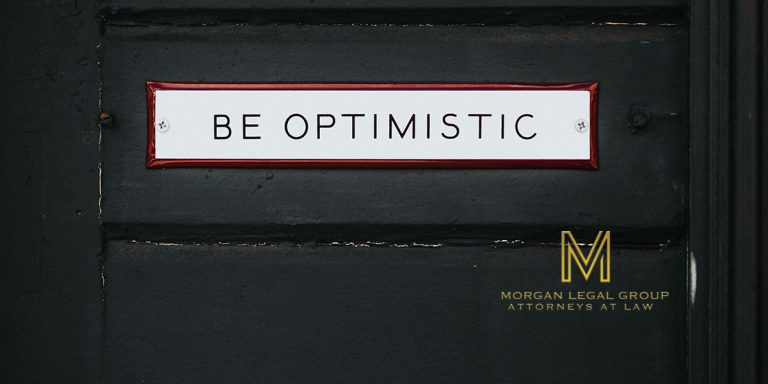Wills and Trusts in New York
When it comes to estate planning in New York City, NY, two essential legal instruments stand out: Wills and Trusts. These documents play a pivotal role in ensuring that your assets are protected, your wishes are met, and your loved ones have financial security in the event of your passing. At Morgan Legal Group, located in the heart of New York City, we specialize in estate planning and can guide you through the intricacies of wills and trusts.
The Significance of Wills
A last will and testament, commonly called a will, is a fundamental document in estate planning. It serves several critical purposes:
- Asset Distribution: A will allows you to specify how your assets should be distributed among your beneficiaries after your passing. This includes real estate, financial accounts, personal property, and more.
- Guardianship Designation: If you have minor children, a will enables you to appoint a guardian who will care for them in the event of your untimely demise.
- Executor Appointment: You can designate an executor in your will, someone who will oversee the administration of your estate and ensure your wishes are carried out.
New York’s intestacy laws will determine how your assets are distributed without a valid will, which may not align with your preferences. Therefore, creating a clear and legally sound will is essential.
It’s important to understand that there are different types of wills available in New York, including:
- Simple Will: This addresses basic asset distribution.
- Testamentary Trust: Allows you to create trusts within your will, offering more detailed instructions for asset management.
- Pour-Over Will: Often used in conjunction with a revocable living trust, it ensures that any assets not already in the trust are transferred to it upon your passing.
Additionally, it’s crucial to review and update your will regularly. Life changes, such as births, deaths, marriages, or divorces, can impact your intended beneficiaries and the assets you wish to distribute. A well-maintained will ensures that your estate plan remains aligned with your evolving circumstances.
The Power of Trusts
Trusts are versatile and powerful tools in estate planning. They offer numerous benefits, including:
- Probate Avoidance: One of the primary advantages of trusts is that they can help your assets avoid probate, which can be time-consuming and costly in New York City. Assets placed in a trust can be distributed directly to beneficiaries, bypassing the probate court.
- Asset Protection: Depending on the type of trust, they can shield assets from creditors, lawsuits, and other potential threats. This can be especially valuable for individuals with substantial assets or those in professions susceptible to legal actions.
- Control Over Distribution: Trusts give you greater control over how and when your assets are distributed to your beneficiaries. You can specify conditions or timelines for distribution, ensuring that your assets are used wisely.
- Continuity of Management: If you become incapacitated or pass away, trusts provide for a designated trustee’s seamless management of your assets, avoiding potential disruptions to your financial affairs.
One popular type of trust is the revocable living trust, which allows you to transfer assets during your lifetime while maintaining control over them. This can be particularly useful for managing and protecting your assets in case of incapacity or passing.
For those with minor children, a trust can also ensure that their inheritance is managed and distributed according to your wishes, even if you are not there to oversee it. This provides financial security for your children while avoiding the potential pitfalls of a direct inheritance at a young age.
Choosing the Right Estate Planning Strategy
Deciding whether to use a will, a trust, or a combination of both in your estate plan depends on your unique circumstances and goals. Here are some factors to consider:
- Complexity of Assets: A trust may be more suitable for efficient management and distribution if you have a complex estate with various assets.
- Privacy Concerns: Probate proceedings are public records, while trusts offer greater privacy since they avoid probate.
- Asset Protection: If asset protection from creditors or lawsuits is a concern, certain trusts can provide that level of security.
- Minor Children: If you have minor children, a trust can ensure their financial well-being and education.
- Charitable Giving: If you have philanthropic goals, trusts can be a valuable tool for charitable giving while providing benefits to your estate.
Ultimately, the decision should be made in consultation with an experienced estate planning attorney who can assess your specific situation and help you craft a plan that aligns with your objectives.
Conclusion
Wills and trusts are the cornerstone of a well-structured New York City, NY estate plan. They provide you with the means to protect your assets, ensure your wishes are met, and safeguard your loved ones’ financial future. At Morgan Legal Group, our team of experienced estate planning attorneys can help you navigate the complexities of wills and trusts to create a customized plan tailored to your needs.
































